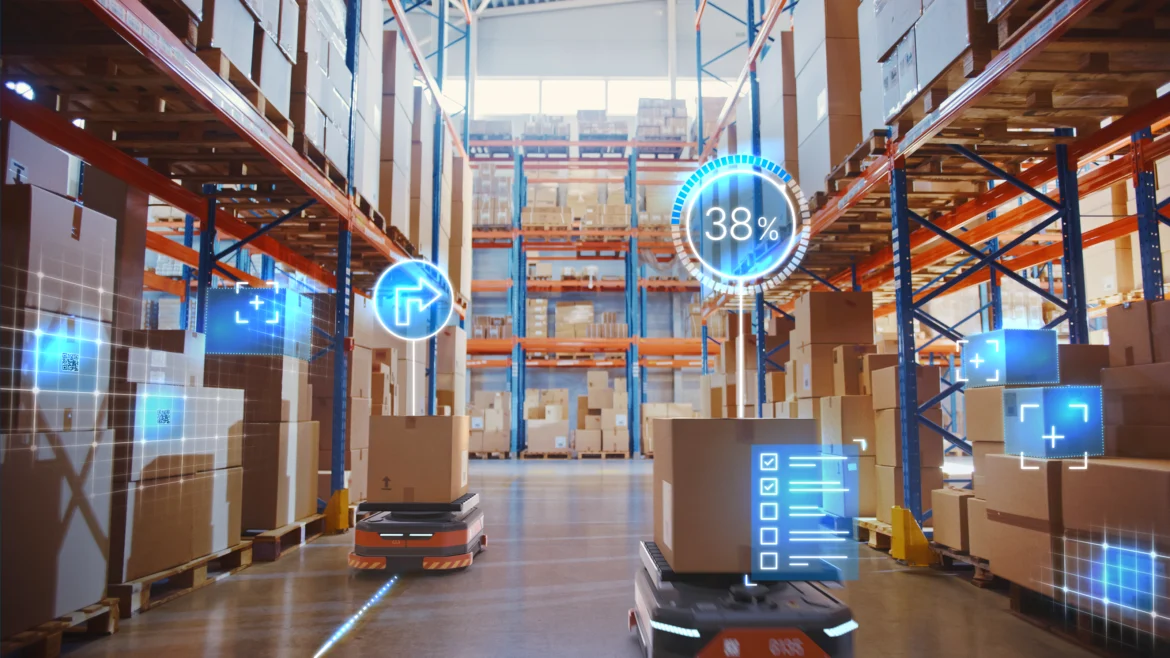By: Husam Yaghi
Saudi Arabia’s warehouses are undergoing a remarkable transformation thanks to the integration of artificial intelligence (AI), driven by the ambitious Vision 2030 plan. In this article, we explore the kingdom’s journey towards intelligent logistics, highlighting the profound impact of AI on various aspects of warehouse operations.
At the heart of this revolution lies the Saudi Arabia National Strategy for Data & AI (SDAIA), a key component of Vision 2030. With a substantial $20 billion investment, the program aims to position the nation among the top 15 AI-powered countries by 2030. The plan includes establishing state-of-the-art research labs, attracting global AI talent, and fostering ethical AI development.
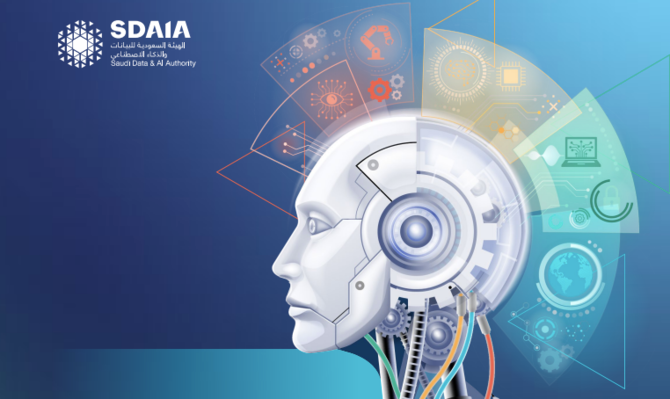
Driving innovation are research and collaboration centers, formed through partnerships between universities and companies. These centers serve as hubs for groundbreaking advancements, bridging the gap between academia and industry. They provide resources and mentorship to cultivate talented AI professionals who can propel the warehouse industry forward.
To foster a culture of innovation, the Saudi government actively promotes AI competitions, hackathons, and conferences. These events offer platforms for aspiring individuals to showcase their skills, network with experts, and contribute to the growing knowledge base. By nurturing a culture of learning and development, the government ensures a continuous influx of fresh ideas and expertise.
Global tech giants such as Geek+ and Honeywell have joined forces with the Saudi government, bringing their expertise to the table. This collaboration benefits both parties, as tech companies can test and refine their AI solutions while Saudi warehouses receive cutting-edge upgrades and improvements.
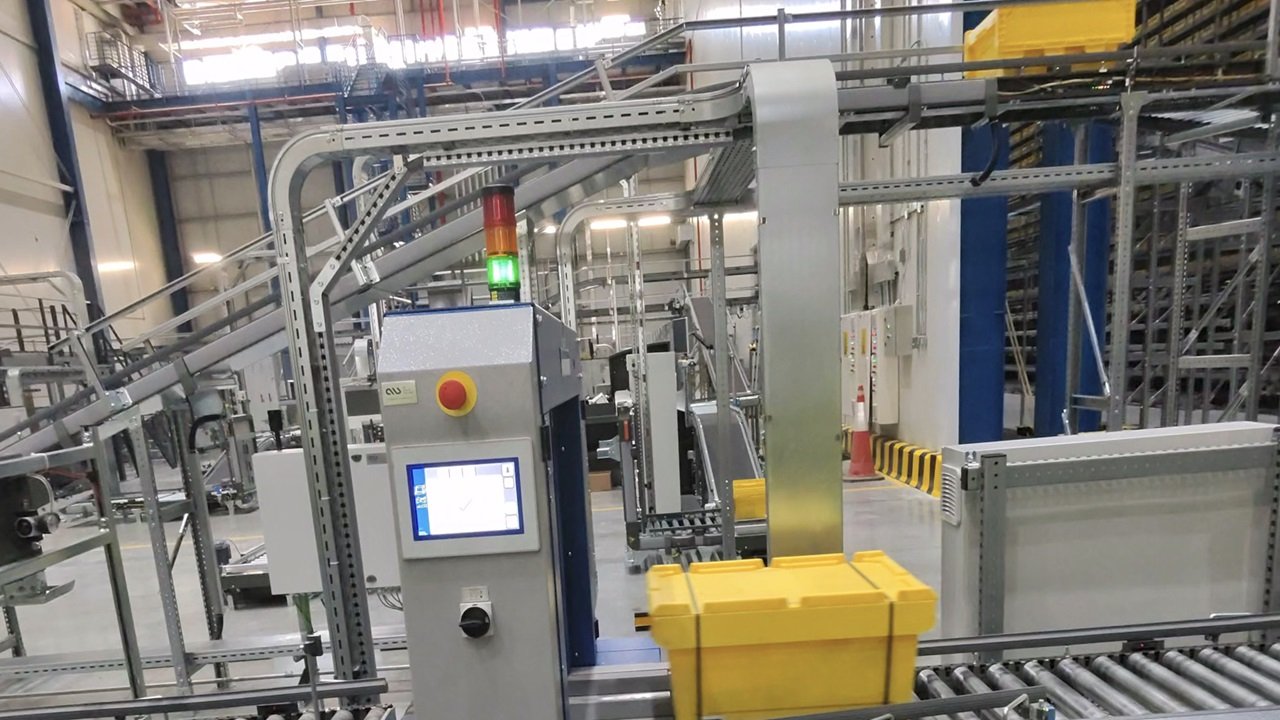
Real-world examples demonstrate the tangible impact of AI in Saudi Arabian warehouses. Leading companies like AL-DAWAA Medical, Saudi Post, Samer Logistics, Nesto, and Almarai have already implemented AI solutions, resulting in remarkable outcomes. These range from improved picking efficiency and optimized space utilization to reduced operational costs and minimized packaging waste.
Recognizing the importance of human capital, Saudi universities are incorporating AI into their curriculum. Additionally, specialized training programs equip existing warehouse workers with the necessary skills to thrive in the digital era. The goal is to create a future where every warehouse worker is a tech-savvy expert, seamlessly collaborating with robots and optimizing operations.
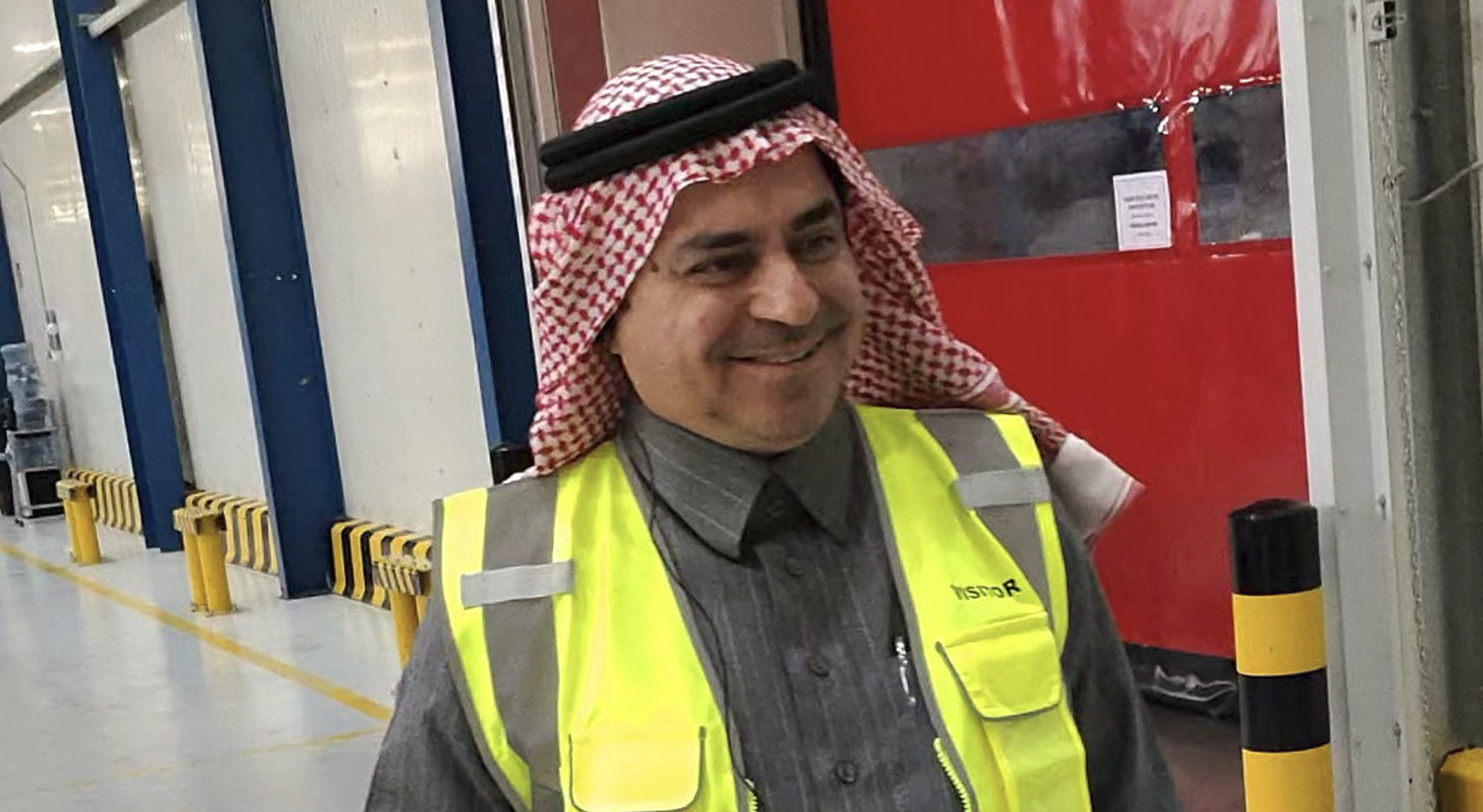
Importantly, the AI revolution in Saudi warehouses is not about replacing humans but enhancing their capabilities. Strategic planning, problem-solving, and ethical implementation remain crucial, requiring a harmonious blend of human ingenuity and AI technologies.
AI algorithms have revolutionized inventory management by analyzing sales data, predicting demand trends, and optimizing inventory levels for each product. This intelligent approach minimizes waste, reduces costs, and ensures that essential items are always available on the shelves.
Predictive maintenance powered by AI has transformed operations by anticipating maintenance needs through data analysis from sensors embedded in warehouse machinery. This proactive approach minimizes downtime and keeps operations running smoothly, eliminating surprise equipment failures.
AI also plays a vital role in ensuring safety within warehouses. Smart cameras and sensors detect unauthorized access, potential hazards, and unsafe practices, triggering alerts and even autonomous interventions when necessary. This real-time safety net creates a secure environment for employees and protects valuable assets.
Looking ahead, the future of Saudi Arabian warehouses envisions a harmonious collaboration between humans and cobots (collaborative robots), dynamic layout adaptations based on demand, personalized packaging, and voice-controlled operations:
- The Rise of the Cobot: collaboration between humans and smaller, more flexible robots, assisting with tasks and boosting efficiency and safety.
- Dynamic Warehouse Layouts: AI-powered software will constantly analyze data and optimize layouts in real-time, maximizing space utilization.
- Personalized Packaging: AI will design custom packaging for each order, minimizing waste and embracing sustainability.
- The Voice-Activated Warehouse: Hands-free efficiency will be the new normal as workers interact with AI systems seamlessly through voice commands.
- Predictive Analytics for a Crystal Ball Future: AI will crunch vast amounts of data, predicting future demand trends and potential equipment failures, ensuring smooth operations.

Key takeaways:
- Saudi Arabia is actively driving AI development in its warehouses through Vision 2030.
- Collaboration between government, universities, and tech companies is key to the success of this initiative.
- AI benefits all aspects of warehouse operations, from inventory management to safety.
- Education and upskilling are crucial to prepare the workforce for the digital future.
- Saudi Arabia’s experience serves as a model for other countries to embrace AI and innovation.
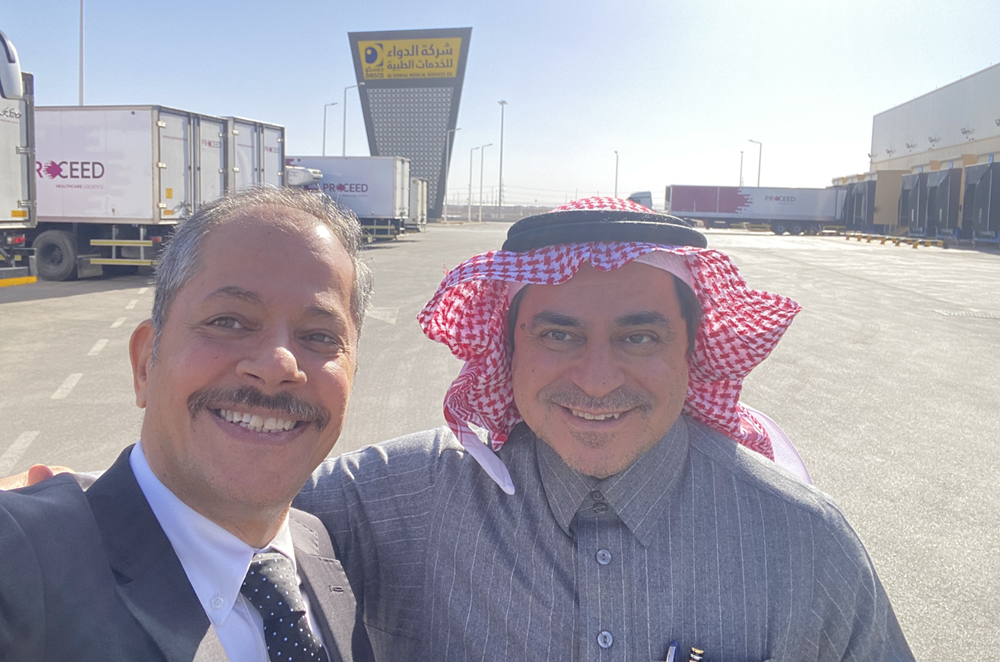
In conclusion, the remarkable transformation of Saudi Arabia’s warehouses demonstrates the transformative power of AI in revolutionizing industries. By embracing AI and fostering a culture of innovation, the kingdom not only shapes its own future but also sets an example for other nations to follow. As the world watches Saudi Arabia dance to the rhythm of AI, it becomes evident that the future belongs to those who dare to embrace technology and unlock its limitless potential.
Disclaimer: “This blog post was researched and written with the assistance of artificial intelligence tools.”
